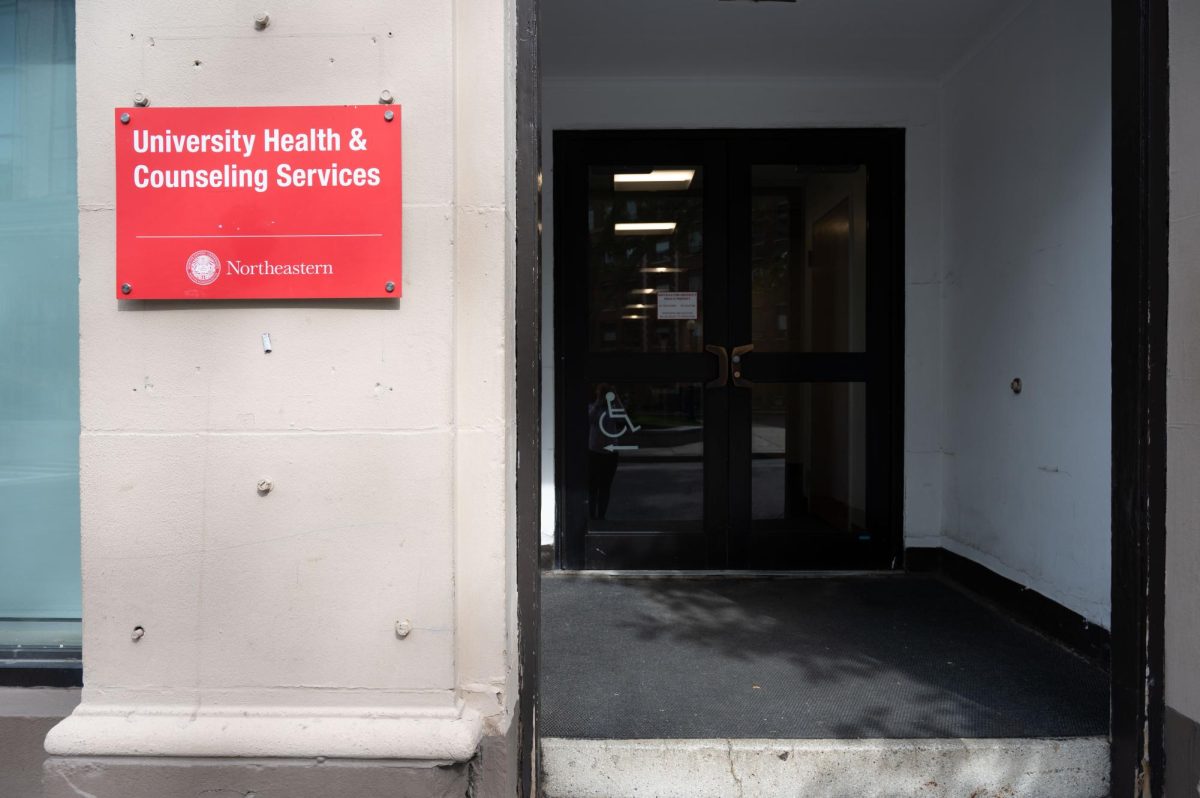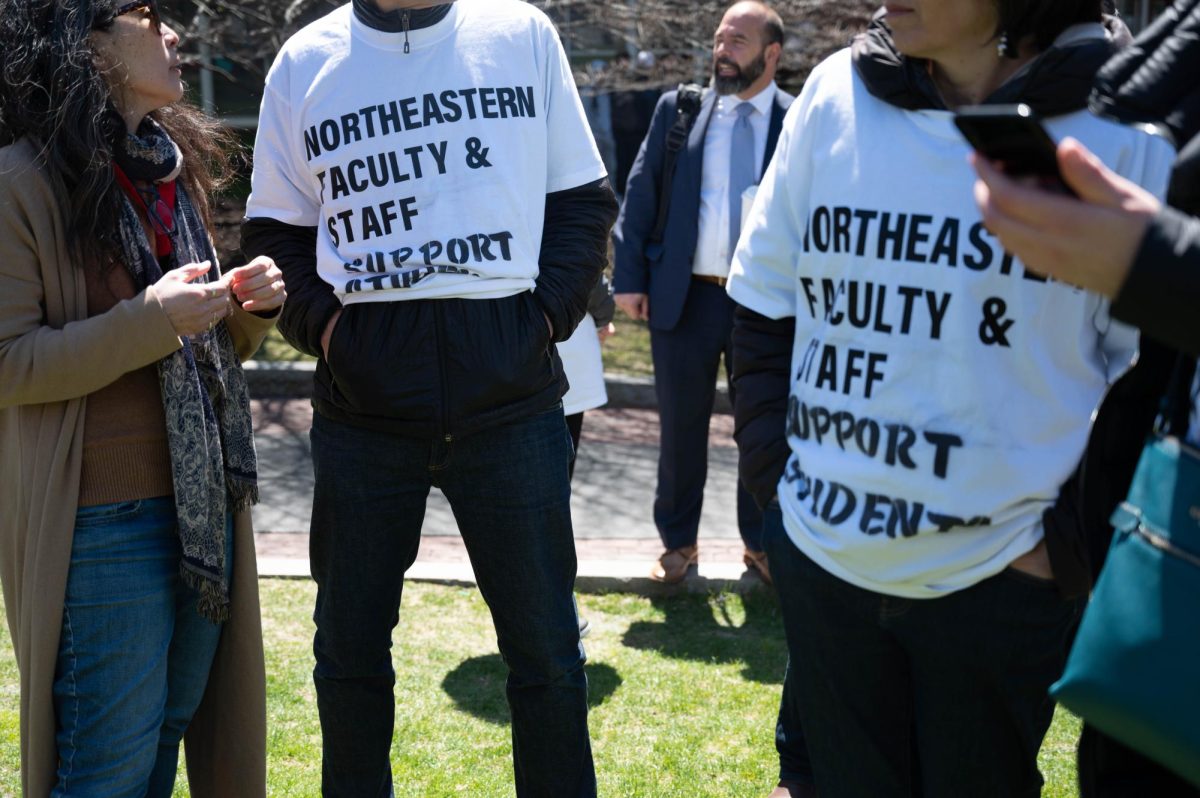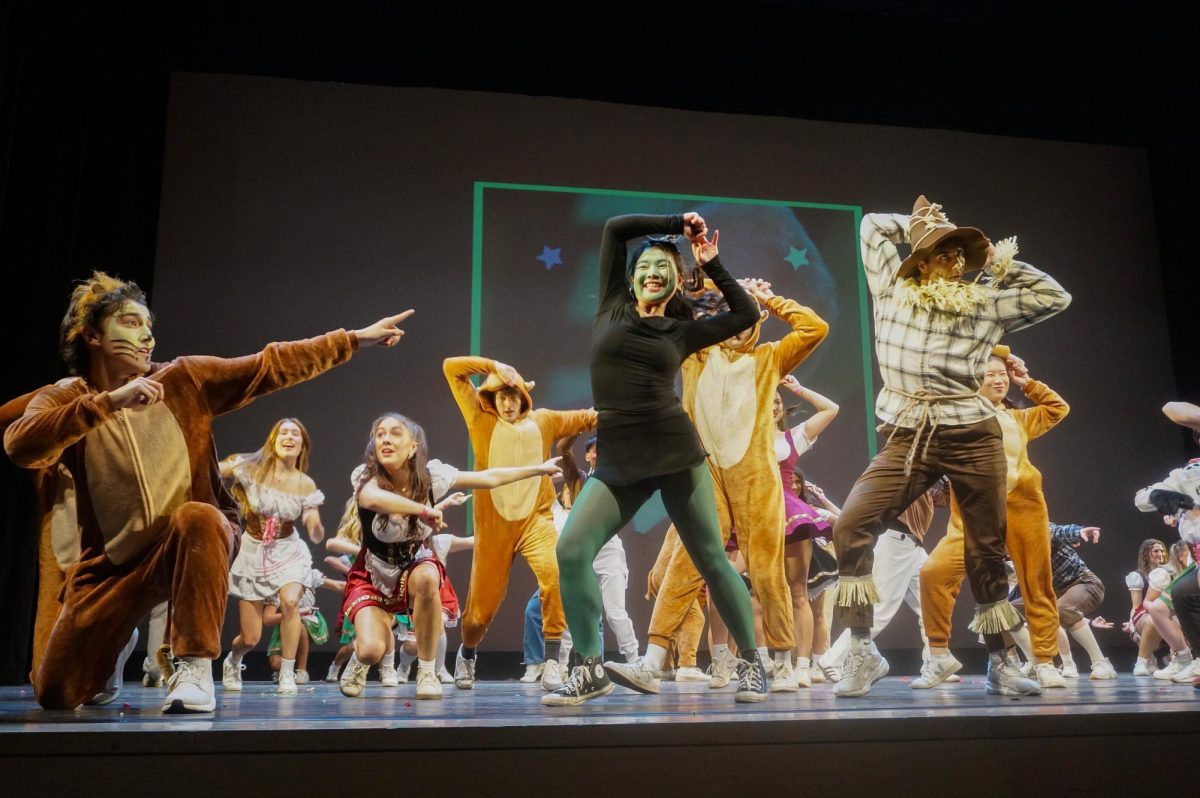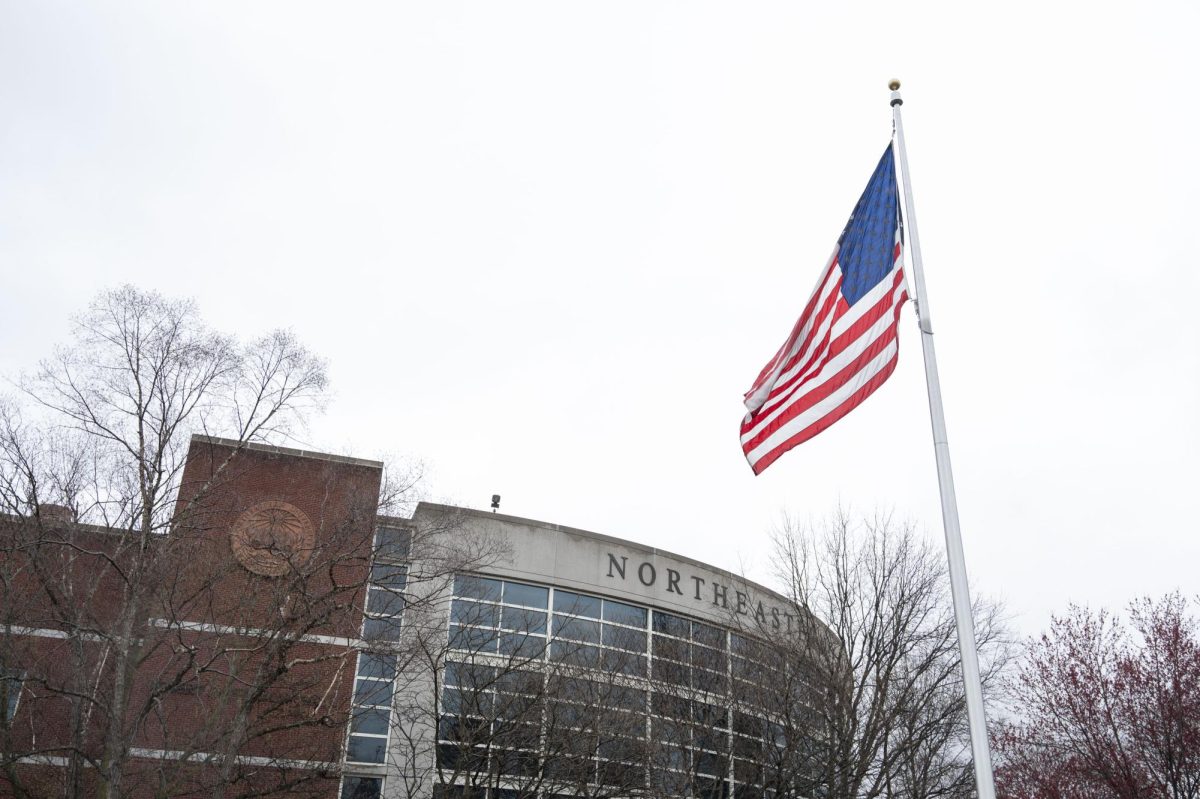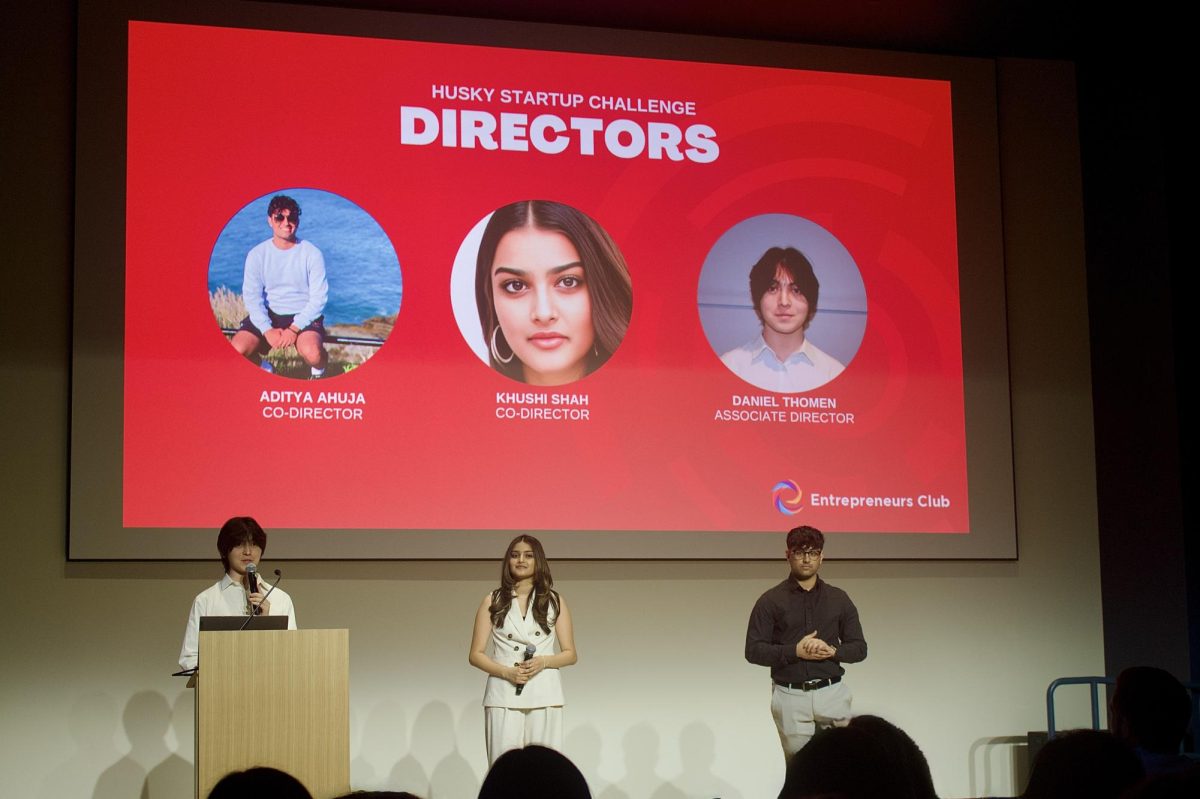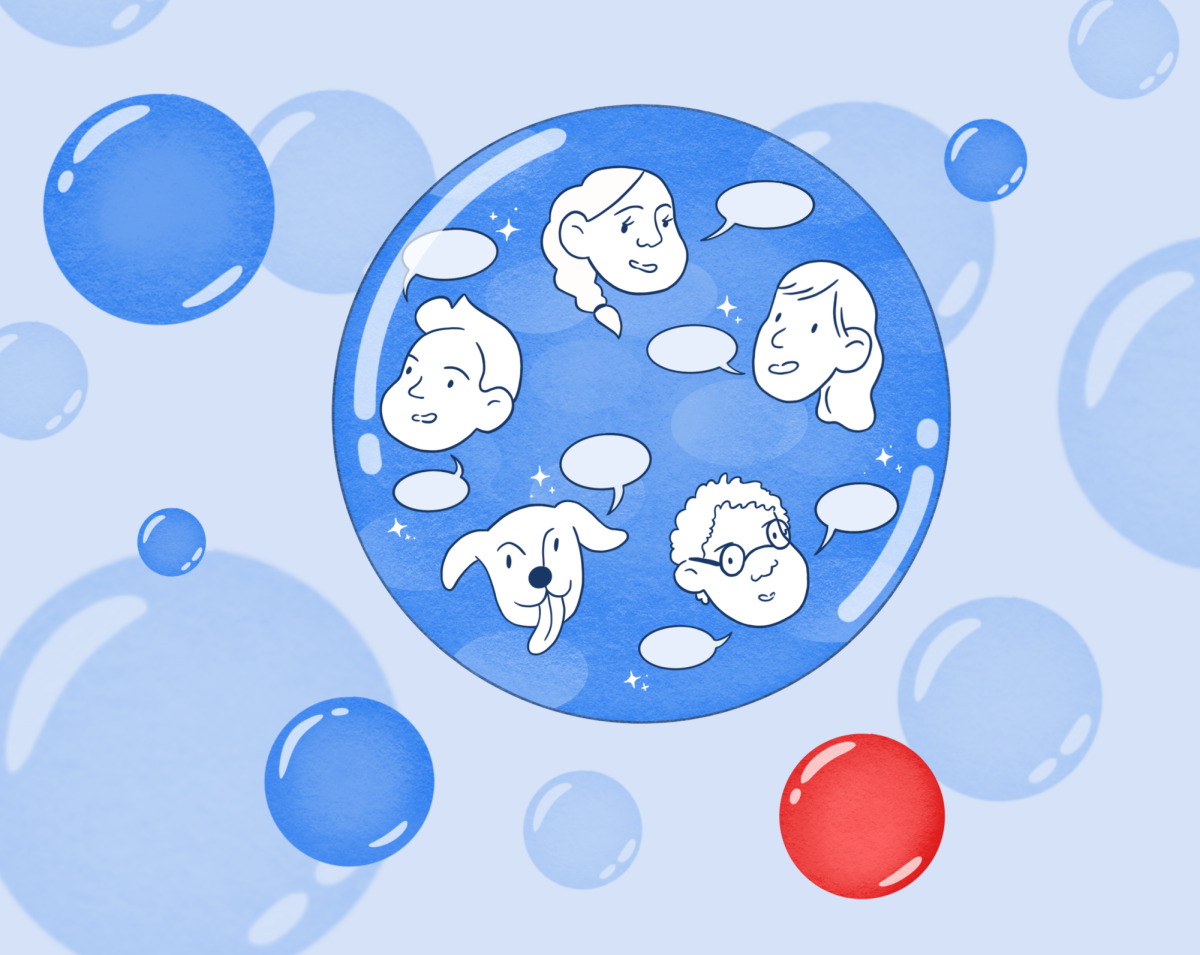Props to a NU student group called Up Till Dawn for their charity work and innovative style of recruiting volunteers. This organization – that works in universities nation-wide raises money to support St. Jude’s Research Hospital, an institution for our nation’s poorest, sick children.
Both Up Till Dawn and St. Jude’s are driven by a belief that sick children and their parents should primarily focus on returning to health. All too often, parents get caught up in worrying about paying for treatment, and their kids end up lacking the emotional support they need to get better. St. Jude’s does not bill any patients or families, and is 100 percent non-profit.
St. Jude’s offers much more than just free tests and innoculations. They make a practice of providing apartments near the hospital in which parents can stay while their children are treated. The idea is that a young patient will have a much greater shot at improving their condition (or even surviving) if their parents are fully engaged in the treatment process. Such a humanistic approach toward medicine deserves recognition and praise.
Another noteworthy practice of St. Jude’s is their policy of sharing their research findings. Given the competitive nature of the biotech and pharmaceutical industries, this is quite rare. When someone invests in a medical research project, that benefactor usually wants to patent the resulting discoveries and retain sole claim to their future profits. St. Jude’s policy of sharing research is important because our competitive system often hinders medical progress. For example, researchers at MIT recently tied a certain body chemical to the growth of cancer cells. However, a private company holds the patent on the gene responsible for the production of this chemical. Hence, only doctors from this private company are allowed to produce drugs affecting this gene. In this particular case, the company has unfortunately not indicated that they have plans to produce such a drug. St. Jude’s policy is a refreshing contrast to a system driven by profits.
Here at NU, Up Till Dawn is a new student group. In their relatively short history at NU, their basic activities have included making get-well cards, collecting toys for the holidays, and writing letters asking for donations. Last year they collected about $5,800 for the children of St. Jude’s, an accomplishment for which all NU students should be proud.
Most impressive about Up Till Dawn, however, is their ability to enlist the support from a wide variety of groups on the NU campus. President Nicole Russo explains the logic:
“We believe that students who are already involved can provide the best help. People who are not in any group will most likely continue to just do their own thing,” she said.
I think that Nicole is on to something here. She’s looking for committed individuals to help a good cause. The best “pool of applicants” would naturally be students who already participate in campus groups. By focusing on support from such committed people, Up Till Dawn has effectively become a network of networks. They spread the word about St. Jude’s to leaders of various student groups, who then pass on the information to their rank and file.
Such a decentralized approach to enlisting charitable involvement has wonderful implications for diversity and tolerance. By tapping the talents of Hillel, UTSAV, fraternities etc., Up Till Dawn has become a venue for cooperation between ethnic and social groups. There’s no politics, no preaching, no hazing and no bickering. It’s simply a shared commitment to helping kids in need.
I call on the leadership of all the student groups at Northeastern, as well as their members, to make an extra effort to help Up Till Dawn in the future. Students who do so, by giving up a few hours to write a letter or make a card, will be helping three of the most helpless groups in society: the sick, the poor, and the children. It’s a three-for-one good deed. Participants may also get a rare chance to talk to someone that they wouldn’t ordinarily associate with. No, this will not cure all our societal woes, divisions and intolerances. We should not, however, dismiss these multicultural encounters too lightly either. If two people of completely different backgrounds and/or belief systems can look at each other – and say, “Wow! He cares about sick children too!”-I would call it a triumph for tolerance.
– Comments for Joe Goldberg may be sent to comments@nu-news.com.


